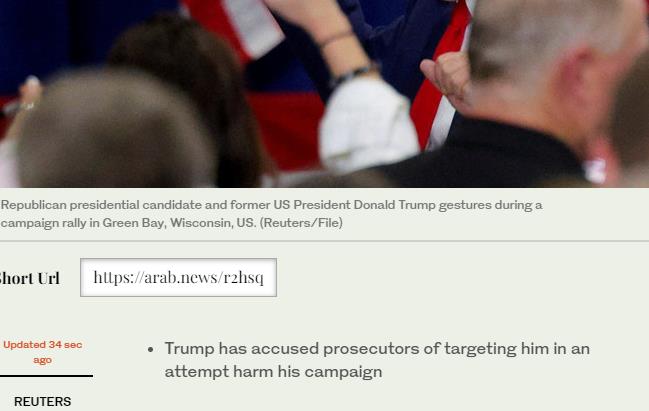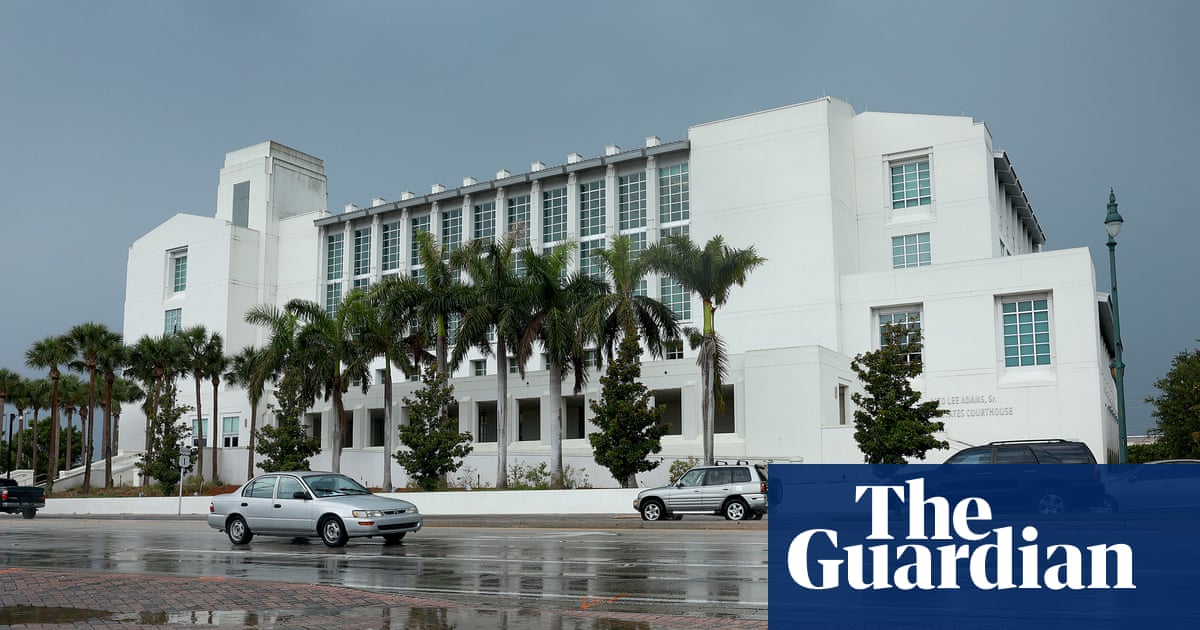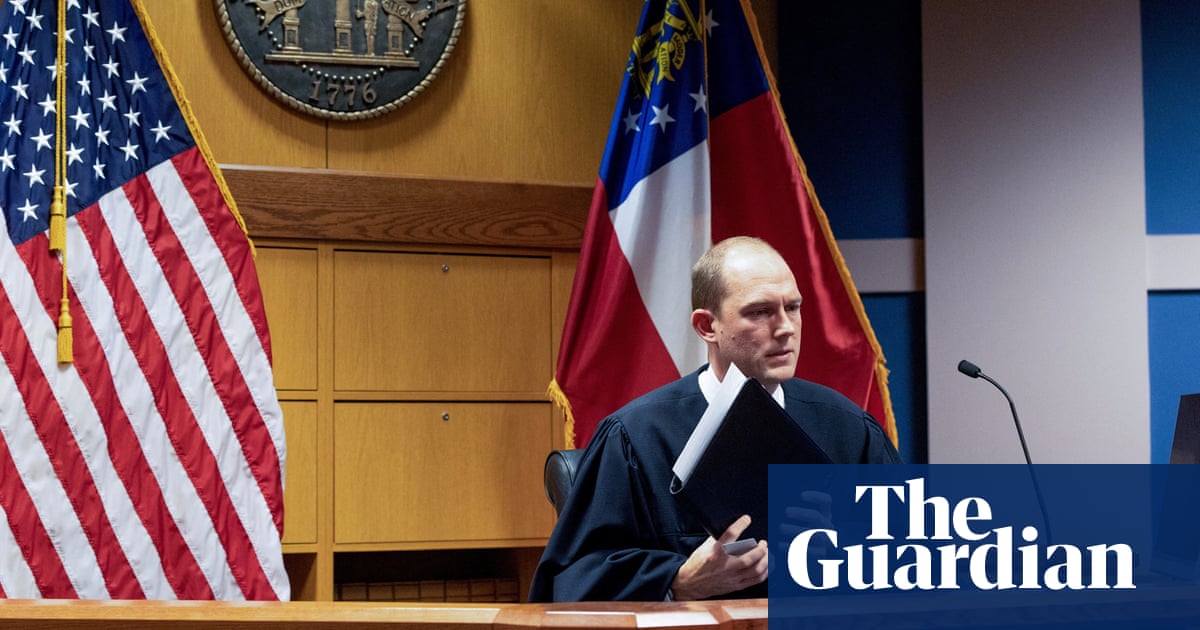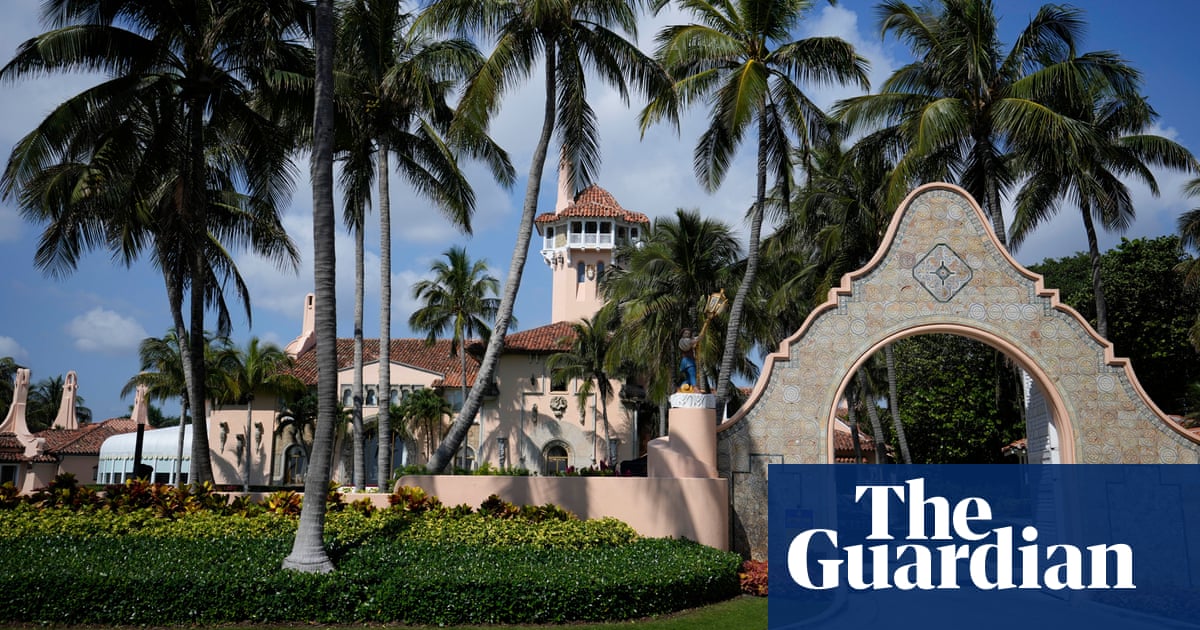
The federal judge presiding over the criminal prosecution of Donald Trump in the classified documents case ruled against the government in her first pre-trial order on Monday, denying a request from federal prosecutors to file a list of potential witnesses against the former US president under seal.
“The government’s motion does not explain why filing the list with the court is necessary; it does not offer a particularized basis to justify sealing the list from public view,”Judge Aileen Cannon wrote in her order.
The immediate effect of the ruling from Cannon – a Trump appointee – was mainly that the list of 84 witnesses who may testify against Trump at trial would be made available publicly instead of just to the defense teams unless the government filed a new motion requesting to file the list under seal.
When Trump was arraigned in federal district court in Miami earlier this month, the magistrate judge overseeing the court appearance ruled that Trump and his co-defendant, his valet Walt Nauta, were prohibited from talking to certain witnesses about the case other than through their lawyers.
The government as a result filed a two-page motion last week requesting to file the list of witnesses under seal, in which they cited the magistrate judge’s order and the fact that Trump and Nauta’s lawyers had not objected, as the rationale for not making the list public.
But that was insufficient basis to file the list in secret, Cannon said in her ruling, noting that a coalition of numerous media organizations that include the Guardian had also asked her to deny the motion.
The early rulings from Cannon – a judge with relative inexperience – in the Trump classified documents case are being closely watched after she previously disrupted the criminal investigation that preceded the case with several rulings that were favorable to the former president.
After the FBI executed a court-approved search of Mar-a-Lago resort last year, Cannon for months tied up the investigation by appointing a special master to review the documents seized from the property, until an appeals court ruled she did not have such authority and overturned her.
Separately on Monday, Cannon also formally started the complex US government process for classified information to be presented at trial by scheduling the first hearing to decide timings for 14 July – a slower timeline than the government had proposed.
Trump was charged with retaining national defense information, including US nuclear secrets and plans for US retaliation in the event of an attack, which means his case will be tried under the rules laid out in the Classified Information Procedures Act, or Cipa.
The statute was passed in the 1980s to protect the government against the “graymail” problem in national security cases, a tactic where the defense threatens to reveal classified information at trial, betting that the government would prefer to drop the charges rather than risk disclosure.
Cipa essentially requires the defense to disclose what classified information they want to use at trial in advance, so the courts can decide whether to add restrictions. If the government feels the restrictions are not enough, they can decide whether they still want to continue with the case.
The first step under Cipa is for the judge to schedule a hearing with prosecutors and defense lawyers under section 2 of the statute, to establish a timetable for the discovery of classified materials to the defense, as well as their use at trial.












